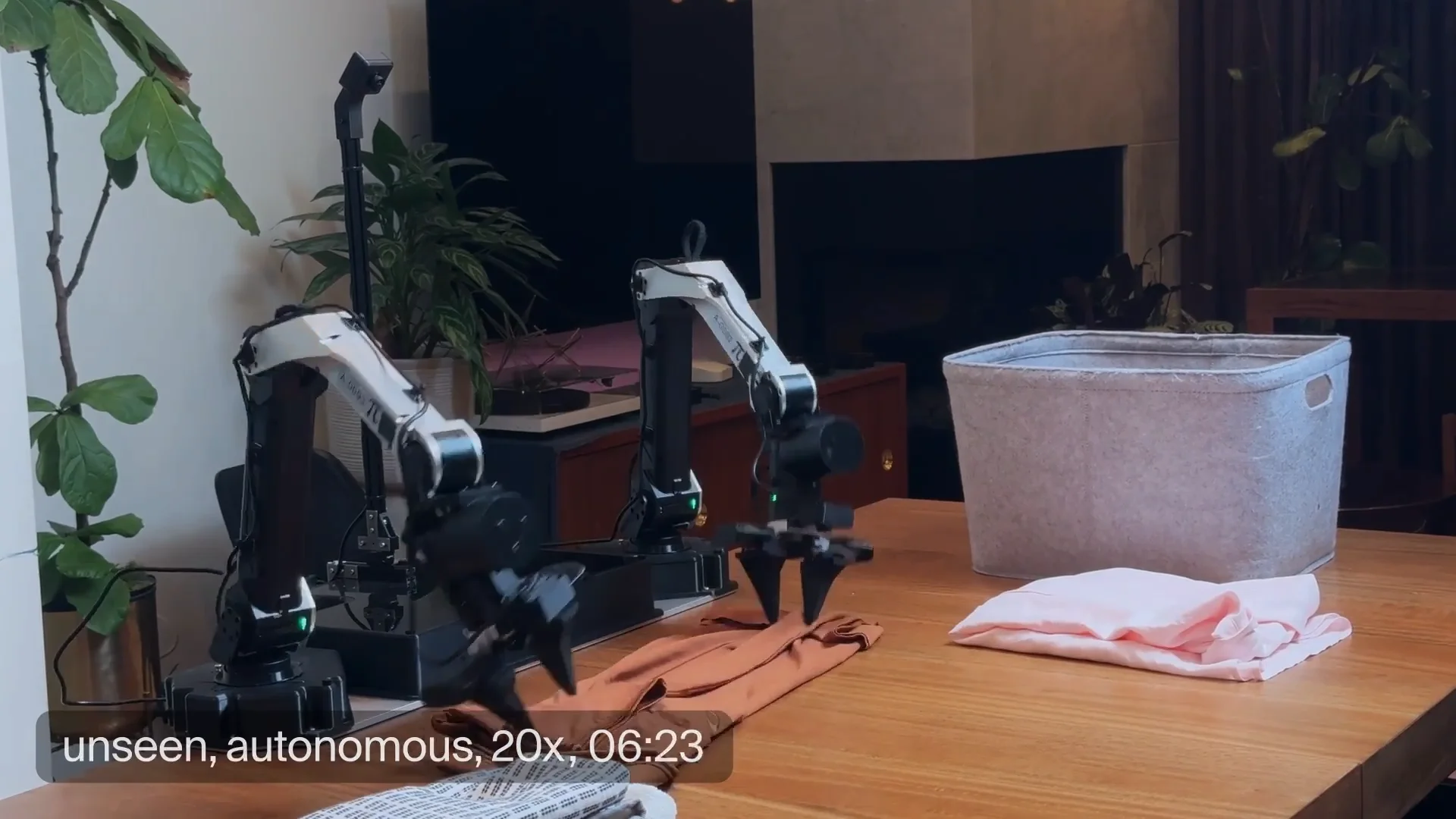- Published on
Physical Intelligence Secures $600 Million to Build a Universal Robot Brain, Hitting $5.6 Billion Valuation


In what is shaping up to be a defining week for the robotics industry, Physical Intelligence (Pi) has raised $600 million in a new funding round, propelling the company’s valuation to $5.6 billion.
The round was led by CapitalG, Alphabet’s independent growth fund, with participation from high-profile backers including Jeff Bezos, Thrive Capital, Lux Capital, Index Ventures, and T. Rowe Price.
The massive capital injection underscores Silicon Valley’s rapidly growing conviction that the next great frontier in AI is not just generating text or images, but physically manipulating the real world. For Pi, a company founded only in 2024, this valuation validates a specific, software-first thesis: that the path to general-purpose robots lies not in teleoperation or crowdsourced imitation, but in a "universal brain" that learns from its own experience.
Validating the "Recap" Approach
This funding news comes just days after Pi released a significant technical update that likely played a key role in courting investors. As we reported earlier this week, the company unveiled its π*0.6 model, which demonstrated a shift away from pure behavior cloning.
Most current humanoid efforts rely heavily on imitation learning—showing a robot thousands of examples of a human doing a task. However, Pi’s new approach, dubbed Recap, reintroduces Reinforcement Learning (RL) into the pipeline. By allowing the robot to "practice" autonomously and learn from its own failures, Pi claims to have solved the reliability issues that plague standard models.
The company backed this claim with a demonstration of a robot bussing tables and making espresso continuously for 13 hours—a feat of reliability that stands in stark contrast to the carefully edited demo reels often seen in the sector.
The Philosophies of Data: Pi vs. Sunday
The sheer size of this round highlights a divergence in how companies are trying to solve the "data bottleneck" in robotics.
On one side, you have hardware-integrated approaches like Sunday Robotics. Just recently, Sunday unveiled "Memo", a domestic robot that bypasses complex autonomous training by crowdsourcing data via a $200 "Skill Capture Glove" worn by humans in their own homes. Sunday's bet is that high-fidelity human data, captured cheaply at scale, is the key to dexterity.
Physical Intelligence is taking the inverse approach. They are betting that the hardware form factor is secondary to the intelligence governing it. By building a foundation model capable of learning from a mix of pre-training data and autonomous self-correction, Pi aims to create a "brain" that can inhabit any body.
This software-centric strategy explains their recent partnership with AgiBot. Rather than building their own chassis, Pi is collaborating with hardware manufacturers to deploy their "embodied intelligence" into capable third-party frames. The $600 million war chest will likely accelerate these partnerships, allowing Pi to test their models across a wider variety of morphologies—from dexterous humanoids to industrial manipulators.
A "Who's Who" of AI Research
The sky-high valuation also reflects the pedigree of Physical Intelligence’s founding team, which reads like a roster of modern AI luminaries. The team includes Karol Hausman (formerly of Google DeepMind), Sergey Levine (UC Berkeley), and Chelsea Finn (Stanford), researchers who have spent the last decade publishing foundational papers on how robots can learn to interact with the physical world.
With CapitalG leading the round and Jeff Bezos joining the cap table, the market is signaling that it believes the "brain" problem is the most valuable layer of the robotics stack. While hardware costs are plummeting—thanks to mass production efforts in China and elsewhere—the software that provides reliability remains the scarcest resource.
With $600 million in fresh capital, Physical Intelligence is now arguably the best-funded software-pure play in the embodied AI space. The challenge now shifts from proving the research works in a lab to proving it can scale across the messy, unpredictable reality of warehouses and homes.
Share this article
Stay Ahead in Humanoid Robotics
Get the latest developments, breakthroughs, and insights in humanoid robotics — delivered straight to your inbox.